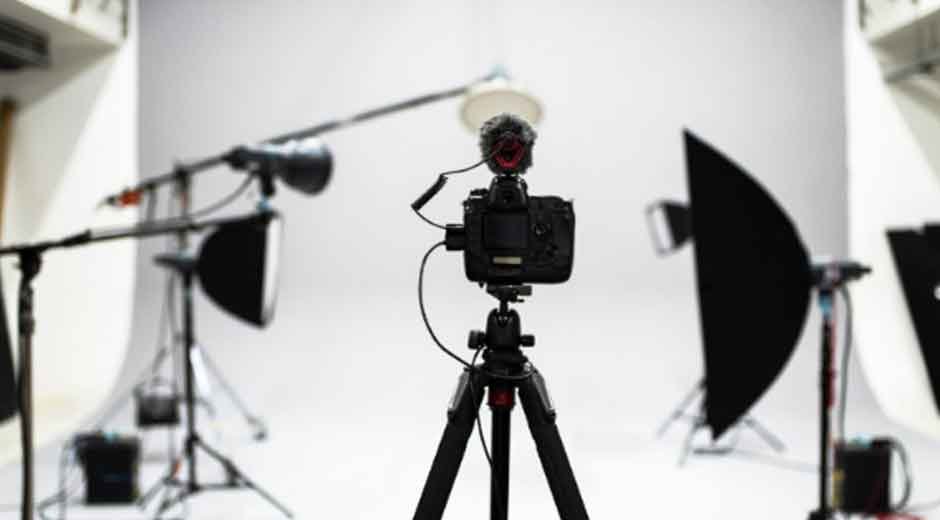Photography is an art that blends technical skill with creative vision. Improving your photography skills takes time, patience, and the right approach. No matter your current level, there’s always room to grow, and the good news is that it’s easier than ever to access tools, knowledge, and inspiration.
In this blog, we’ll walk through practical tips that can help you capture better photos and express your unique perspective more effectively.
Master the Basics of Lighting
Lighting is one of the most important elements in photography. It can dramatically change the mood, clarity, and tone of a photo. Learning how natural light behaves throughout the day and how artificial light can be manipulated gives you more control over your images.
For example, golden hour, shortly after sunrise or before sunset, offers a soft, warm glow that can transform even a simple subject into a stunning visual.
Start by observing how light interacts with your environment and subject. Experiment with side lighting for depth, backlighting for drama, or diffused lighting to soften shadows.
Study Composition Techniques
A well-composed photograph often speaks louder than one with just technical perfection. Composition refers to how elements are arranged within your frame. Techniques like the rule of thirds, leading lines, symmetry, framing, and negative space can help draw attention to your subject and make your photos more engaging.
You don’t have to follow every rule rigidly. Instead, understand these principles so you can make conscious choices when framing your shot. Try capturing the same scene using different compositions and study which one feels more powerful. Over time, you’ll naturally begin to compose better images without even thinking about it.
Enrol in Photography Courses
One of the best ways to improve your photography skills is to take structured lessons through photography courses. Whether you prefer online or in-person workshops, these courses often cover topics like camera settings, lighting techniques, editing software, and even business tips for professional photographers.
Courses also give you access to expert feedback, peer support, and project-based learning that pushes you to try new styles and genres. From beginner-level introductions to advanced masterclasses, photography courses can provide the technical foundation and creative challenges that help you grow faster than self-teaching alone.
Practice Regularly and Review Your Work
Improvement comes with consistent practice. Set aside time each week to shoot, whether you’re exploring your neighbourhood, photographing a friend, or capturing objects around your house. Using tools like a hi pod can help stabilize your shots and allow for more creative angles. The more you shoot, the more you’ll learn about your camera.
Just as important as taking pictures is reviewing them critically. Ask yourself questions like: Is the subject clear? Is the exposure right? Could the composition be stronger? This habit of reviewing your work will help you develop a more discerning eye over time.
Experiment with Different Styles and Subjects
Don’t box yourself into one genre too early. Try different styles like portraiture, landscape, macro, street, and abstract photography. Each one teaches different skills and broadens your creative vision. Photographing diverse subjects also helps you discover what excites you the most and where your strengths lie.
The key is to step out of your comfort zone. If you usually shoot people, try capturing architecture. If you’re used to static scenes, try action or movement.






Leave a Reply